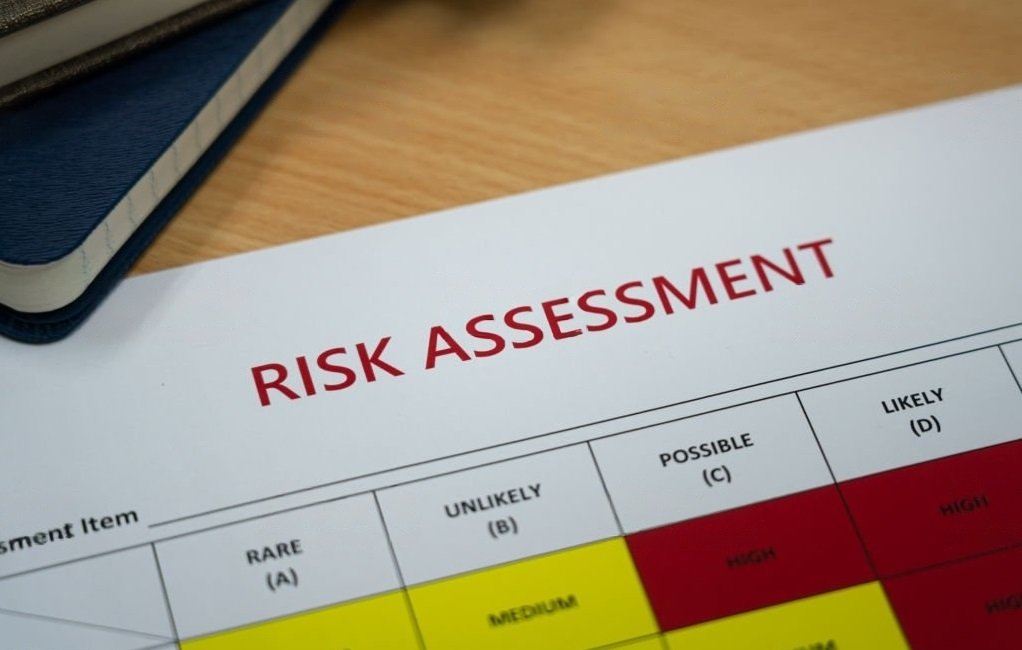Disaster management is a field where the lessons of the past are critical in shaping the strategies of the future. In this endeavor, the value of case studies is immeasurable. They provide the platform for an in-depth analysis of past disasters, dissecting the response strategies and the ensuing outcomes. Let’s explore the pivotal role of case studies in disaster management.
The Rise of Intelligent Tutoring Systems: A New Era in Education
The Power of Case Studies in Disaster Management
Case studies act as a bridge, connecting the abstract concepts and broad theories to real-world contexts. They offer an intricate narrative of disaster events, presenting a holistic view of the decision-making processes, collaborations, challenges, and victories. Case studies provide a closer look into the dynamics of disaster management, unraveling the complexities involved in coordinating a successful response.
A Kaleidoscope of Perspectives
One of the remarkable aspects of case studies is their ability to capture a plethora of perspectives. By featuring viewpoints from governing bodies, emergency services, aid organizations, and the individuals affected, case studies offer a nuanced understanding of the disaster experience. They draw attention to the personal, logistic, and strategic angles of disaster management, bringing a multidimensional perspective to the fore.
Interconnected Elements of Disaster Management
Case studies are instrumental in shedding light on the interconnected nature of various elements involved in disaster management. They help us understand how environmental, social, political, and economic factors intertwine in these critical situations and influence the effectiveness of response and recovery efforts.
Learning from the Past to Shape the Future
Case studies in disaster management do more than just tell a story; they shape future strategy. By dissecting past successes and failures, we can glean best practices and areas of improvement. Case studies serve as retrospective tools for reflection, real-time guides during crises, and forward-looking blueprints for refining disaster management protocols.
The Importance of Sharing Case Studies
The wealth of insights derived from case studies is not meant to be kept in silos. It is essential that these narratives, experiences, and insights are shared widely, allowing all stakeholders involved in disaster management – from policymakers and planners to first responders and community leaders – to benefit.
Conclusion
The use of case studies in disaster management is pivotal to learning from our past, informing our present, and preparing for our future. They offer invaluable insights that foster resilience and enable us to better navigate the uncertainties that future disasters may bring.
Visit The Case HQ for 95+ courses
Read More:
AI and Special Education: Customizing Learning for Every Student
The Art of Crafting Compelling Case Studies: Tips for Success
How to Use Case Studies to Showcase Your Expertise
A Step-by-Step Guide to Writing Impactful Business Case Studies
Comparative Case Studies: Analyzing Success Across Different Industries
10 Ways Artificial Intelligence in Education is Revolutionising Learning (2025 Guide)
Introducing the 5-Level Digital Transformation Certification Framework



Responses